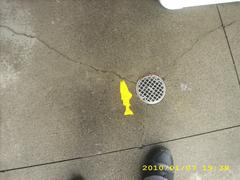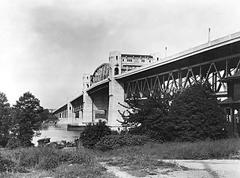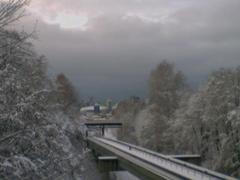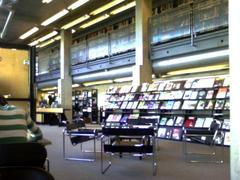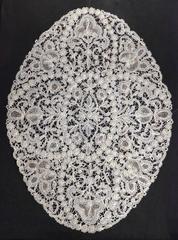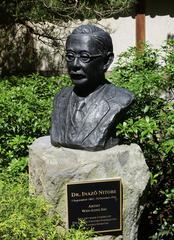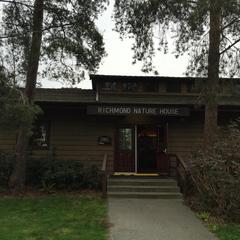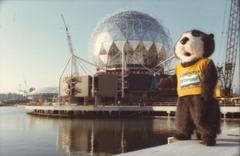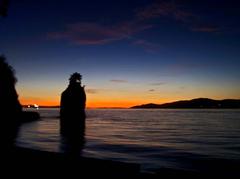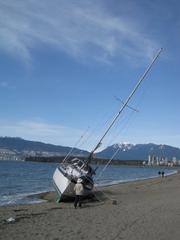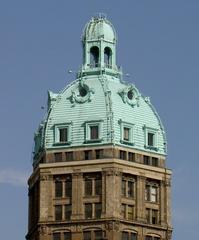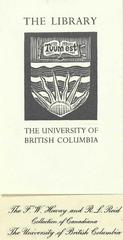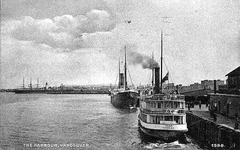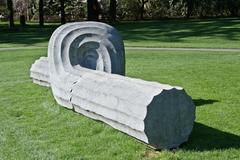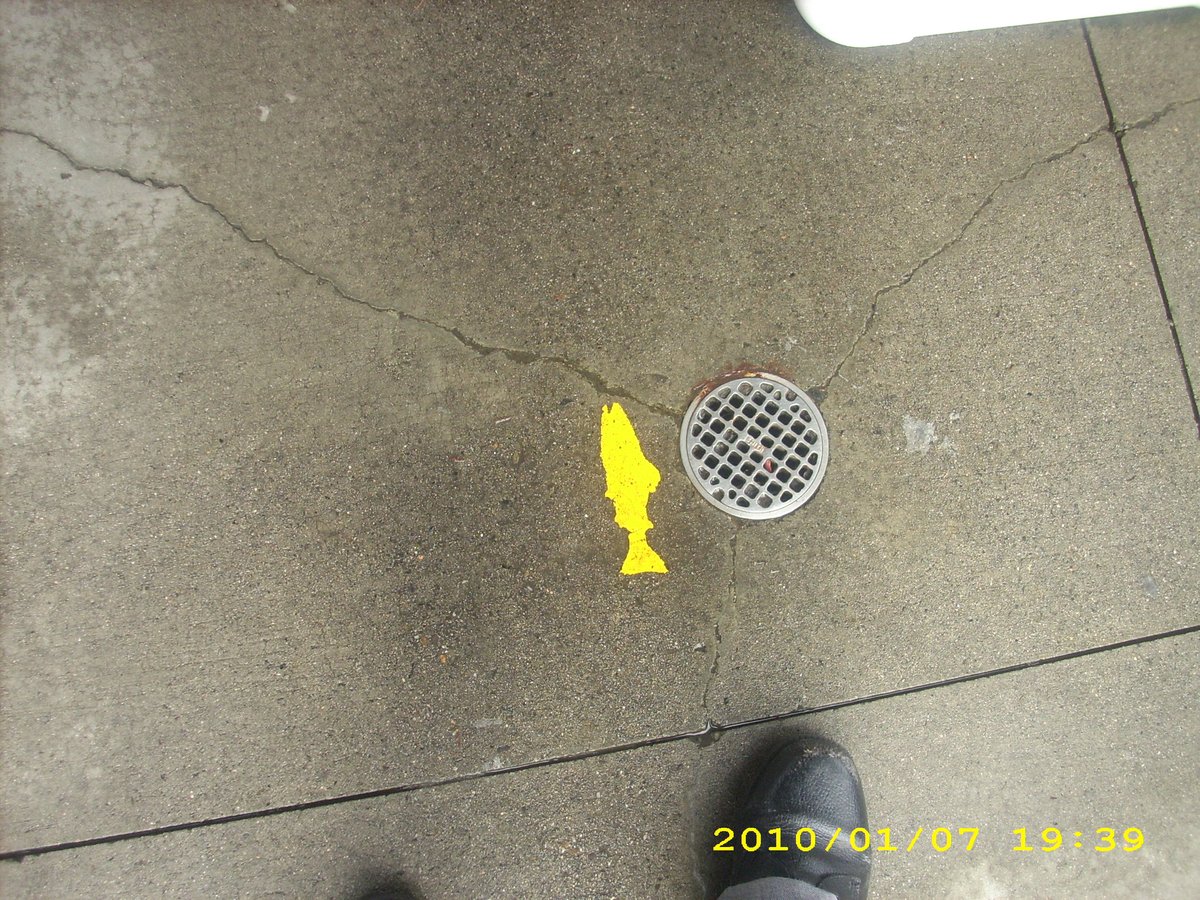
Vancouver Aquarium Visiting Hours, Tickets, and Visitor Guide
Date: 14/06/2025
Introduction
Located in the heart of Stanley Park, the Vancouver Aquarium is one of Canada’s leading marine science centres and a world-renowned destination for education, research, and conservation. Since opening in 1956, the aquarium has played a pivotal role in advancing marine research, public engagement, and animal rescue, drawing millions of visitors and shaping global standards for aquariums (Wikipedia; Vancouver Aquarium). This comprehensive guide provides an in-depth look at the aquarium’s history, visiting information, exhibits, educational programs, and conservation initiatives, ensuring you make the most of your visit.
Table of Contents
- Historical Overview
- Visiting Information
- Major Exhibits and Signature Attractions
- Educational Programs
- Conservation Initiatives
- Visitor FAQs
- Tips, Summary, and Final Thoughts
- References and External Links
Historical Overview
Founding and Early Development
The Vancouver Aquarium was established in 1956 by a collective of local scientists and community leaders, becoming Canada’s first public aquarium. Early innovations included employing professional naturalists to guide visitors—an approach now standard in aquariums worldwide (Vancouver Aquarium; LiquiSearch). The aquarium quickly expanded, adding new galleries and exhibits through significant community and government support.
Contributions to Marine Mammal Research
The aquarium made history in 1964 by being the first to display an orca, Moby Doll, which launched decades of marine mammal research and public education (604 Now). It has since contributed to vital research on killer whales, belugas, and other marine mammals, helping shape best practices in animal care and conservation.
Shifting Ethics and Modernization
Changing public attitudes led to policy shifts in the 1990s, ceasing the capture of wild cetaceans for display and focusing on rescue, rehabilitation, and non-releasable animals (604 Now; LiquiSearch). The aquarium has continuously upgraded its facilities, expanding exhibit space and integrating cutting-edge conservation technology.
Community Impact and Recognition
With over 40 million visitors since opening, the aquarium is one of North America’s largest and most visited, earning numerous accreditations for animal welfare, education, and environmental sustainability (Vancouver Aquarium; Vancouver Planner).
Visiting Information
Hours
- General Hours: 9:30 AM – 5:00 PM daily (last admission at 4:00 PM)
- Hours may vary on holidays or for special events. Always check the official website before your visit.
Tickets
- Adults (19–64): ~$38–$40
- Seniors (65+), Students: ~$28–$32
- Youth (13–18): ~$30
- Children (3–12): ~$20
- Under 3: Free
- Family Packages and Annual Memberships are available for added value (The Aquarium Expert).
- Tip: Purchase tickets online in advance to secure entry and skip the line, especially during busy seasons.
Accessibility
- Fully wheelchair accessible
- Stroller-friendly with elevators and ramps
- Accessible washrooms and designated parking
- Assistive listening devices available
- Service animals welcome (The Aquarium Expert)
Getting There
- Location: Stanley Park, Vancouver
- Public Transit: Several buses stop near Stanley Park
- Biking & Walking: Easy access via the Seawall and bike paths
- Parking: Paid parking available within Stanley Park (approx. $3.50/hr or $20/day)
Amenities
- On-site cafes and restaurants: Courtyard Cafe & Coffee Bar, Upstream Bar + Grill, seasonal Bicycle Bistro (Our Adventure Journal)
- Gift shop
- Picnic areas nearby
Best Times to Visit
- May–September for best weather (Travellers Worldwide)
- Early mornings or weekdays for fewer crowds
- Allow 1.5–2 hours for a full visit
Major Exhibits and Signature Attractions
Pacific Canada Pavilion
- Features a 260,000-liter tank showcasing local marine life: halibut, rockfish, sturgeon, salmon, and more
- Dual-level viewing provides above and below water perspectives (Vancouver Planner)
Treasures of the BC Coast
- Highlights the biodiversity of British Columbia’s coastline with hagfish, octopi, sea stars, and anemones (Vancouver Planner)
Canada’s Arctic / Stellar’s Bay
- Focuses on Arctic marine life: Steller sea lions, walruses, fur seals
- Interactive presentations educate on climate change and Arctic ecology
Amazon Rainforest
- Immersive environment with free-flying birds, butterflies, reptiles, and a freshwater tank with piranhas and arapaimas (Vancouver Attractions)
Penguin Point
- Home to African penguins with naturalistic habitats and daily feeding demonstrations
Wonders of the BC Coast & Touch Pools
- Interactive touch pools for hands-on learning with sea stars and urchins
4D Theatre Experience®
- 3D films enhanced with sensory effects (wind, mist, scents) focused on marine life and conservation (Vancouver Attractions)
Monsters of the Abyss
- Explores deep-sea creatures, featuring life-sized models and interactive displays
Wet Lab & Animal Enrichment
- Hands-on educational space for touching invertebrates, observing dissections, and learning about current research
Special Events
- “Fish + Sips” adults-only evenings, “Jelly Jamboree”, and seasonal celebrations (Vancouver Aquarium Events)
Educational Programs
School Field Trips
- Welcomes thousands of students annually for curriculum-aligned, hands-on learning with over 120 exhibits (Vancouver Aquarium Education)
Virtual Aquaclass
- Live, interactive online workshops for students across Canada in both English and French (Ocean Wise Virtual Aquaclass)
Ocean Literacy Online Course
- Free, self-directed digital resource for grades 3–12 and lifelong learners (Ocean Literacy Course)
Public Workshops & Community Engagement
- Programs like “Connect with the Incredible” and special seasonal events blend education with fun (Toronto Dude: Educational Programs)
Innovative Experiences
- Augmented reality and citizen science opportunities for tracking marine species and monitoring habitats (Toronto Dude: New Exhibits)
Conservation Initiatives
Marine Mammal Rescue Centre
- One of Canada’s largest, rescuing and rehabilitating hundreds of seals, sea lions, and other marine mammals each year (Vancouver Aquarium: About Us)
Research & Sustainable Seafood
- Pioneered the Ocean Wise™ program for sustainable seafood (cases.open.ubc.ca)
- Collaborates on climate change, plastic pollution, and conservation aquaculture (Vancouver Sun: Conservation Aquaculture)
Habitat Restoration
- Engages in local research, shoreline cleanups, and habitat monitoring (Travel Pander: Scenic Location)
Partnerships & Accreditation
- Accredited by AZA, CAZA, and American Humane Society (Ocean Wise: About)
- Collaborates with National Geographic, Discovery Channel, and WWF
Community Outreach
- Holiday toy drives and discounted events support local families and conservation awareness (Toronto Dude: Holiday Events)
Visitor FAQs
Q: What are the Vancouver Aquarium’s visiting hours?
A: 9:30 AM – 5:00 PM daily, last admission at 4:00 PM. Check website for holiday hours.
Q: How do I buy tickets?
A: Online or onsite; online purchase recommended.
Q: Are guided tours available?
A: Yes, for groups and individual visitors.
Q: Is the aquarium accessible?
A: Yes, fully accessible with wheelchair and stroller access.
Q: Are outside food and pets allowed?
A: Outside food is not permitted; only service animals are allowed.
Q: What COVID-19 protocols are in place?
A: Enhanced cleaning, capacity limits, and adherence to local health guidelines.
Tips, Summary, and Final Thoughts
The Vancouver Aquarium stands as a beacon of marine research, conservation, and public education. Its diverse exhibits—from the Pacific Canada Pavilion to the Amazon Rainforest—provide immersive, interactive experiences for all ages. With robust accessibility, visitor amenities, and a prime Stanley Park location, it is a must-visit for families, educators, tourists, and conservationists alike (Vancouver Attractions; Vancouver Planner).
The institution’s resilience—evident in its adaptation to changing ethics, community needs, and public health challenges—underscores its commitment to sustainability and inclusion (Vancouver Is Awesome). Plan ahead, check for special events, and enjoy a meaningful encounter with marine life that inspires stewardship and awe.
Call to Action:
Download the Audiala mobile app for real-time updates, digital guides, and exclusive travel tips. Follow the aquarium’s social media channels and official website for the latest on tickets, events, and visitor information.
References and External Links for More Information
- Vancouver Aquarium History, LiquiSearch
- Vancouver Aquarium, Official Website
- Vancouver Aquarium Evolution Over 60 Years, 604 Now
- Vancouver Aquarium, Wikipedia
- Vancouver Aquarium Visitor Guide, Vancouver Planner
- Vancouver Aquarium Exhibits and Tips, Vancouver Attractions
- Vancouver Aquarium Ticket Prices and Visitor Info, The Aquarium Expert
- Marine Conservation Research and Education, Canadian Geographic
- Marine Aquaria and Zoological Gardens Case Study, UBC Open Cases
- Vancouver Aquarium Under New Ownership, Vancouver Is Awesome
- Ocean Wise Program and Conservation Initiatives, Solutions for Seafood
- Educational Programs and Community Engagement, Toronto Dude
- Vancouver Aquarium Dining and Amenities, Our Adventure Journal
- Best Time to Visit Vancouver, Travellers Worldwide
- Ocean Literacy Online Course
- Ocean Wise Virtual Aquaclass
- Vancouver Sun: Conservation Aquaculture
- Travel Pander: Scenic Location
- Ocean Wise: About
- Vancouver Aquarium Events
